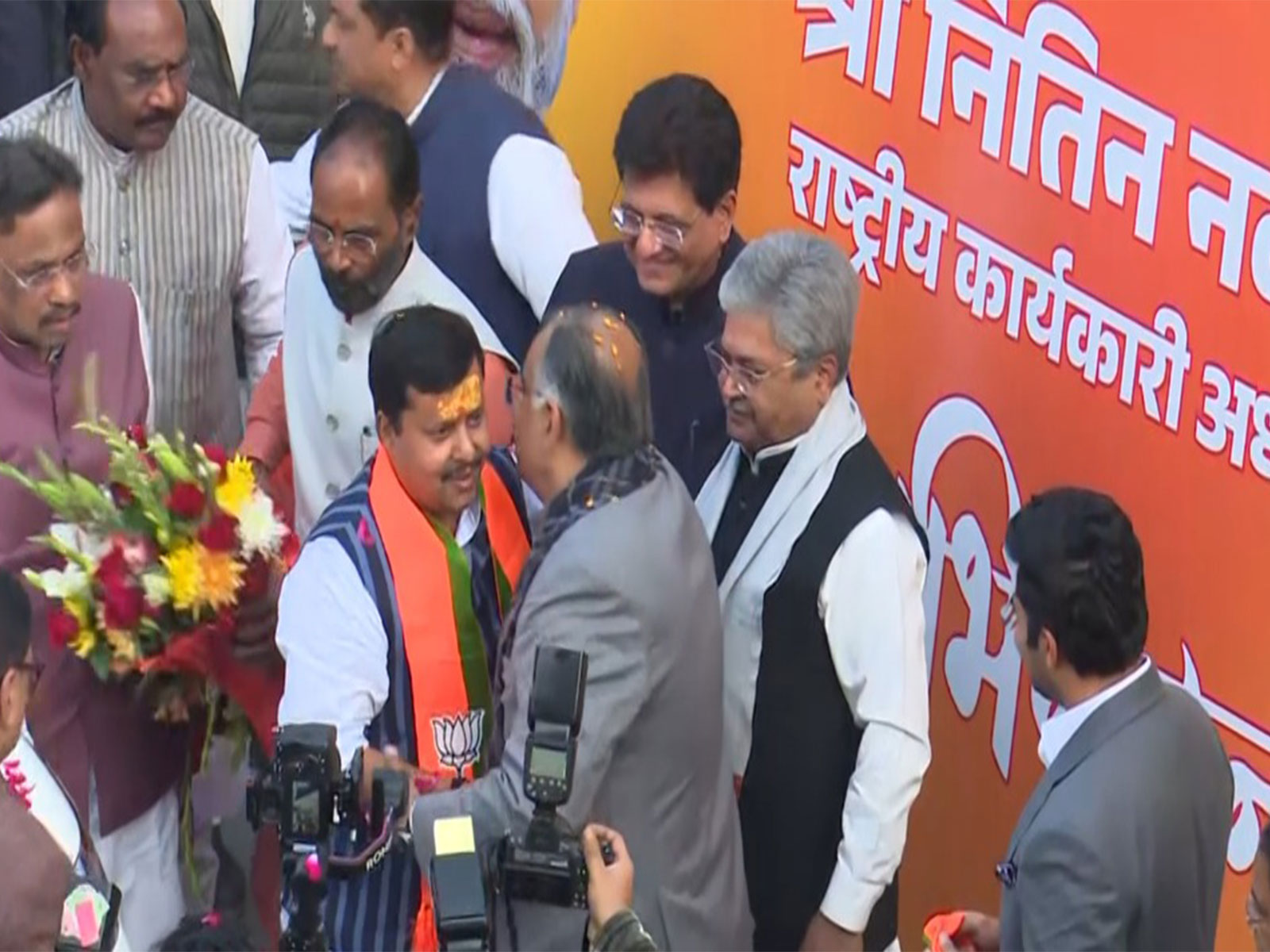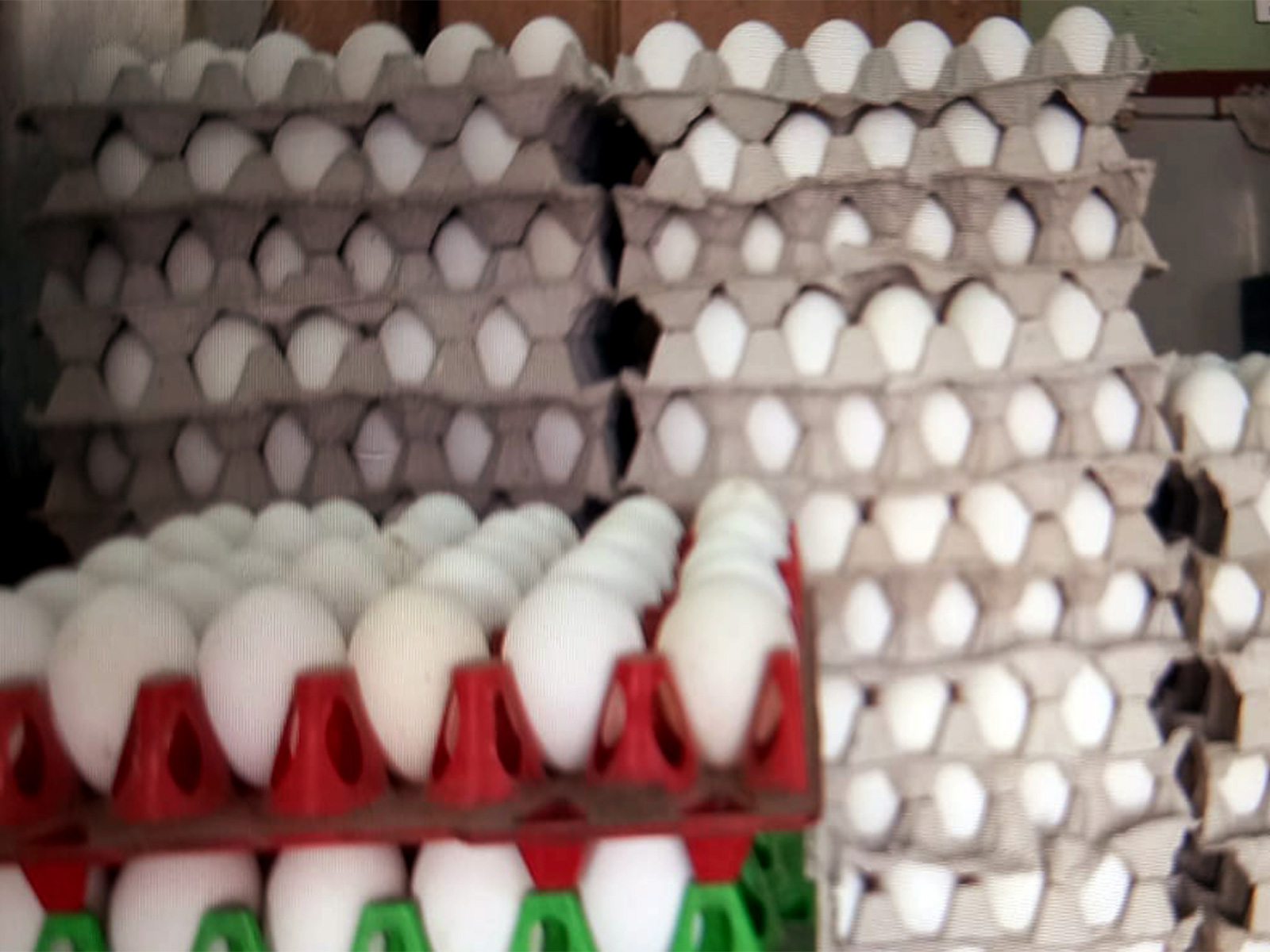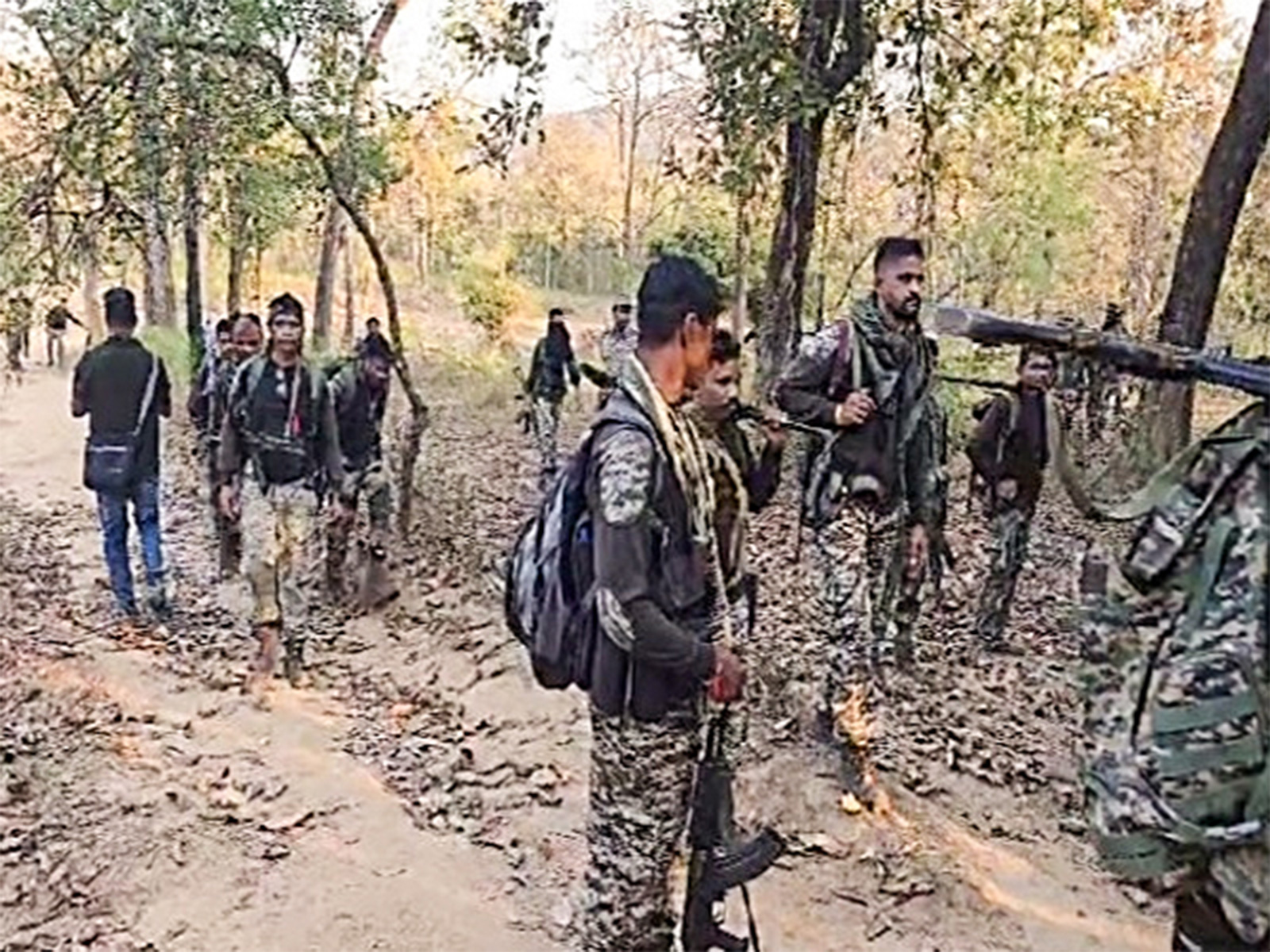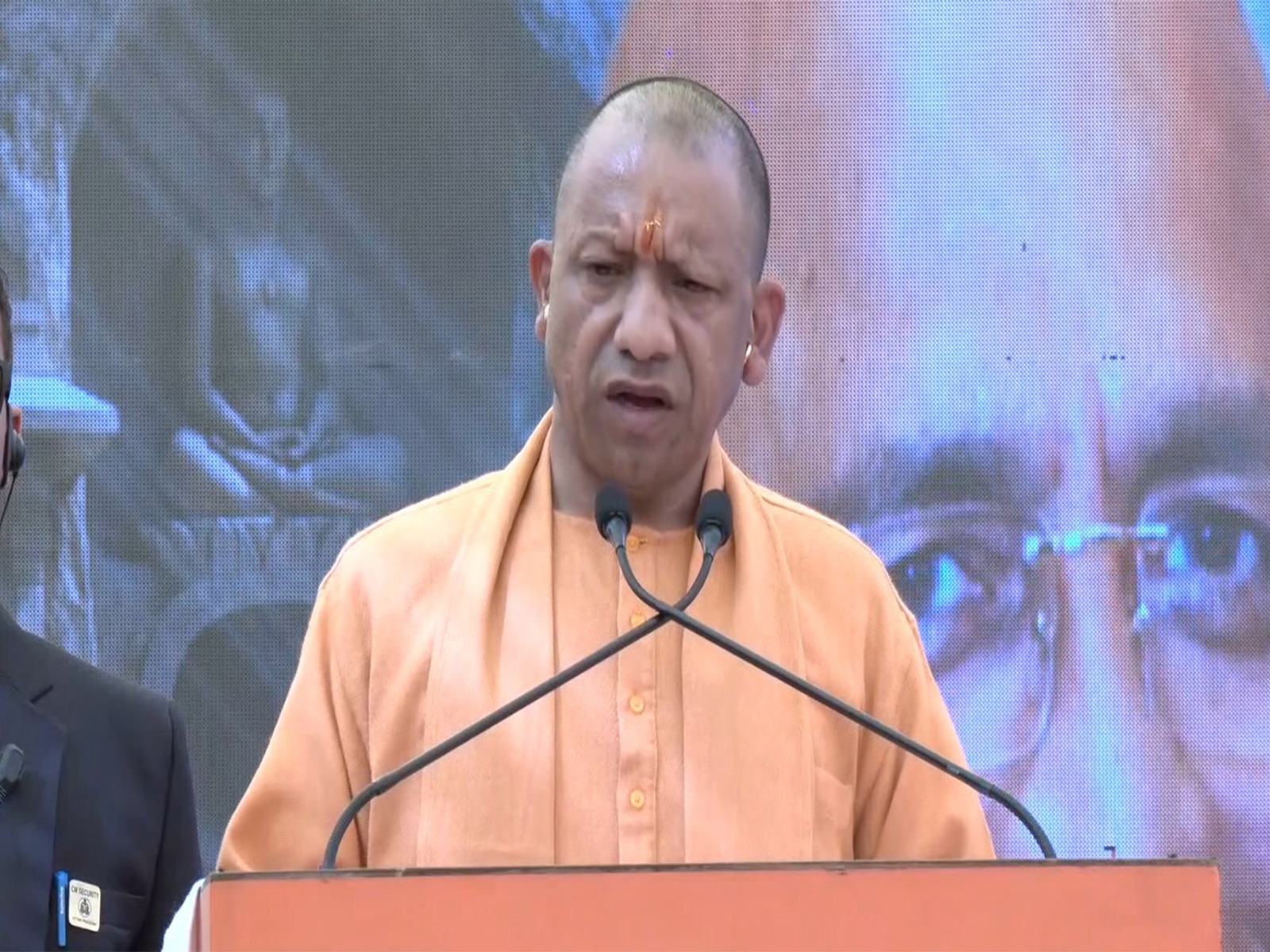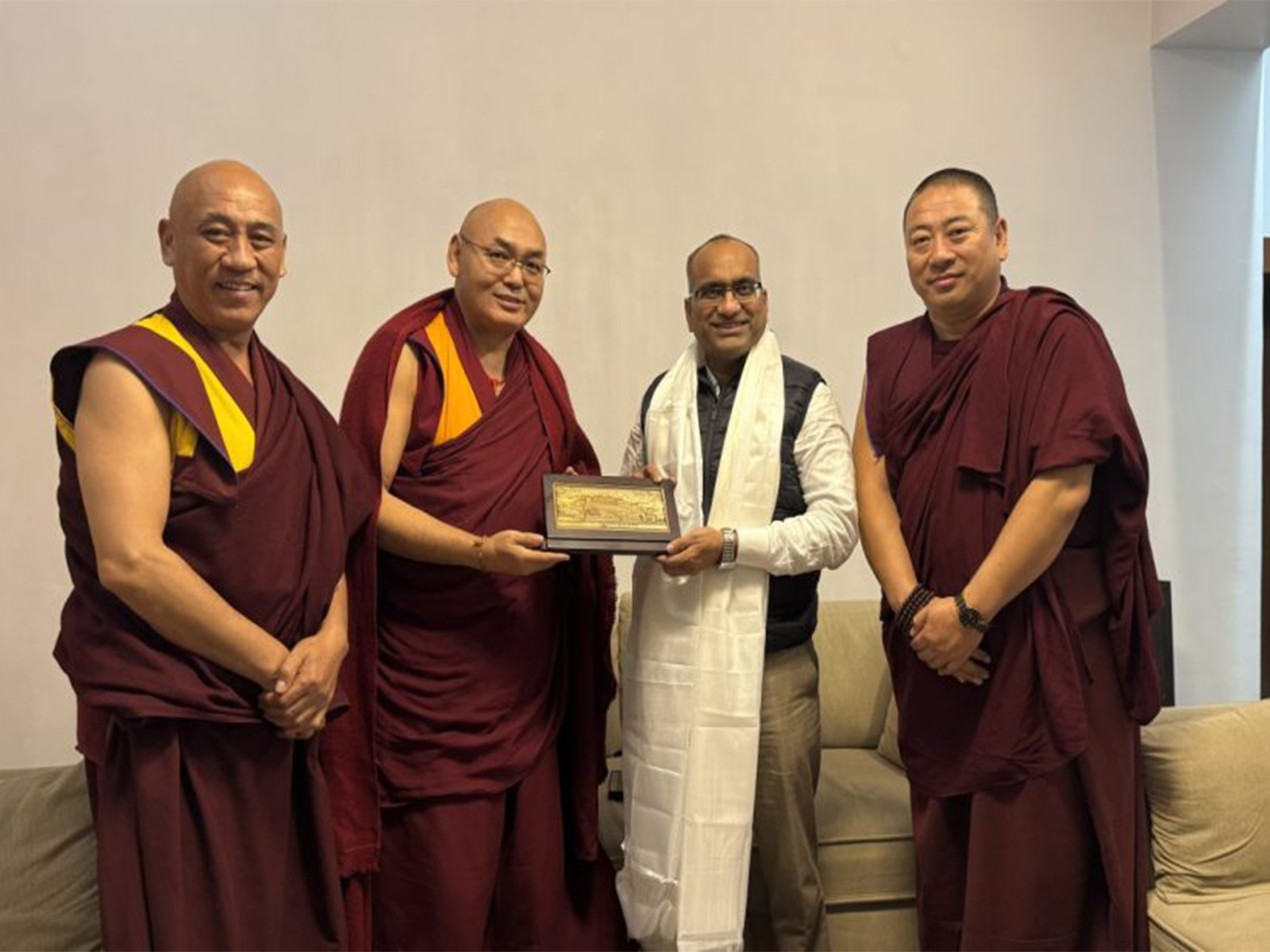"We are divided so are being exploited": Farmer leader Rakesh Tikait on protest
Dec 07, 2024

Baghpat (Uttar Pradesh) [India], December 7 : Calling for unity among farmers, Rakesh Tikait, farmer leader and national spokesperson of the Bharatiya Kisan Union (BKU), stated on Saturday that the formation of multiple farmer organisations has resulted in land acquisitions where the prices are not increasing and the reason for the exploitation of farmers today is because they are divided.
Speaking to the media after attending the teacher-farmer meeting in Baraut city of Baghpat, Tikati said, "There are many farmers' organizations that have come up, resulting in land acquisitions where the prices are not increasing, and the circle rates are stagnant. When farmers protest, the police imprison them. A repressive policy by the government is in effect. We are divided, so we are being exploited."
Commenting on the ongoing farmers' protest, Rakesh Tikait added that they will talk to the authorities.
"We will talk to the authorities as protests are ongoing regarding land acquisition in Noida. There are issues related to compensation for certain lands, as per the Supreme Court's order. There are several local issues in Gautam Buddh Nagar. The issues we are focusing on are related to villages, the poor, tribals, unemployment, and similar concerns. We are working on these matters," the farmer leader said.
On Friday, farmers launched the 'Dilli Chalo' march, demanding a legal guarantee or Minimum support price (MSP) for crops from the central government.
The march was stopped at the Sambhu border by police which used tear gas shells to disperse the protestors.
Several farmers were reportedly injured during the protest, prompting the farmer leaders to call off the march for the day.
Farmer leader Sarwan Singh Pandher expressed his disappointment, stating that the central government was unwilling to engage in talks with the farmers.
Pandher added that 20 farmers were injured in tear gas shelling by police at the Sambhu border to halt their 'Dilli Chalo' march.
